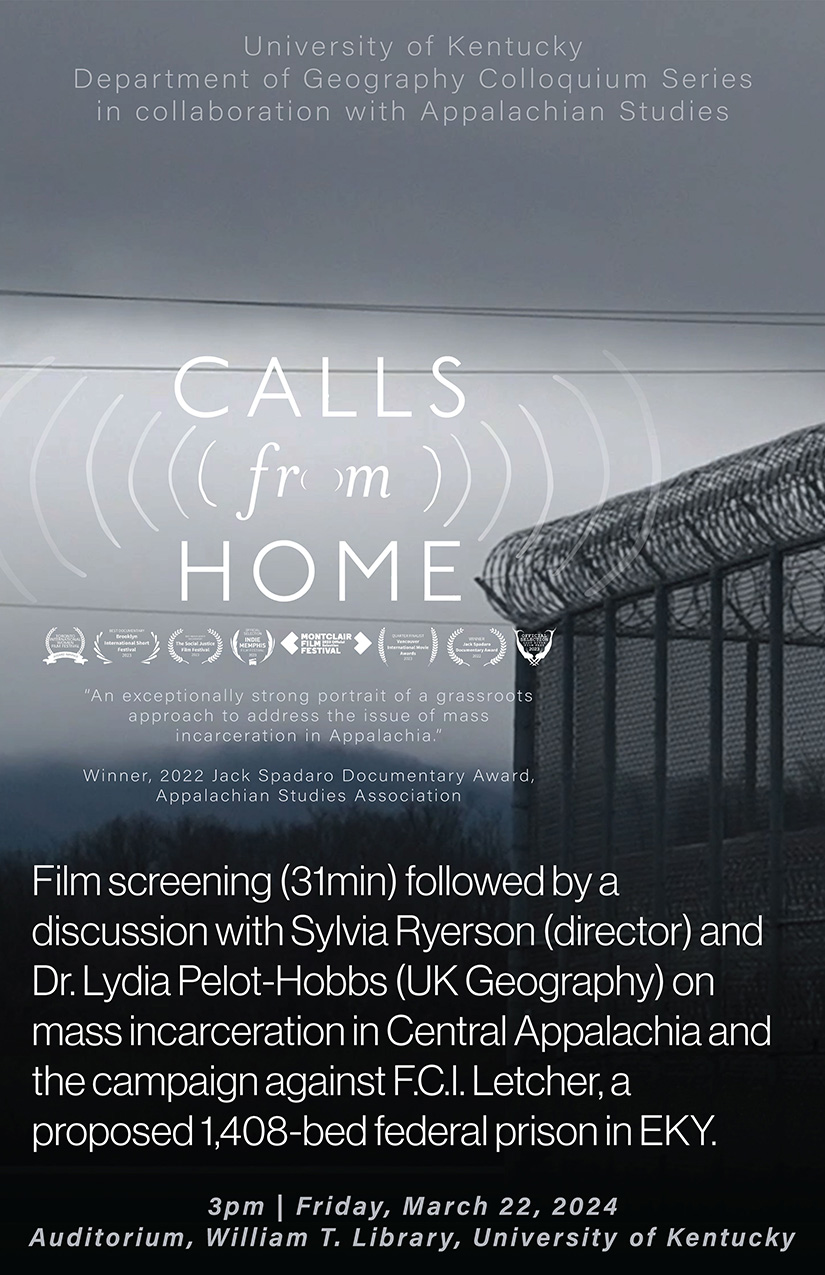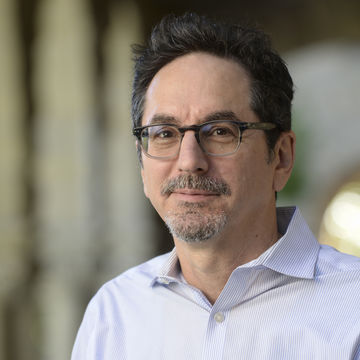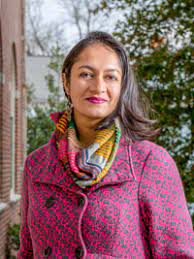Geography in the Bluegrass Day
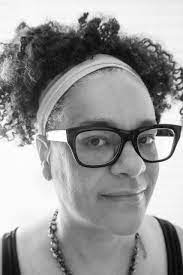
20 Dreams
Highlighting anti-colonial methodologies, this working paper addresses some of the limitations and possibilities of theorizing climate catastrophe and ecocide alongside race and racism. Working closely with Paul Gilroy, Édouard Glissant, and Sylvia Wynter, my thinking is propelled by their methodological clues that, as they unfold, unsettle analytical frames that tend to equate environmental toxicities with (degraded) blackness. The paper also centres pedagogy and draws attention to how black livingness is not a concept, per se, but a set of actions that teach us how to theorize our environs anew.
Speaker Information
Prof Katherine McKittrick is our 50th Geography in the Bluegrass Day Speaker. Prof McKittrick is Canada Research Chair in Black Studies at Queen's University. She researches in the areas of Black studies, anti-colonial studies, and critical-creative methodologies. She authored Demonic Grounds: Black Women and the Cartographies of Struggle, edited Sylvia Wynter: On Being Human as Praxis, and co-edited, with Clyde Woods, Black Geographies and the Politics of Place. Her most recent monograph, Dear Science and Other Stories is an exploration of Black methodologies. She is a member of the American Academy of Arts and Sciences.
We are grateful for support from the Commonwealth Institute for Black Studies and our Geography Development Fund.
Learn more about this 50th Geography in the Bluegrass Day, here.


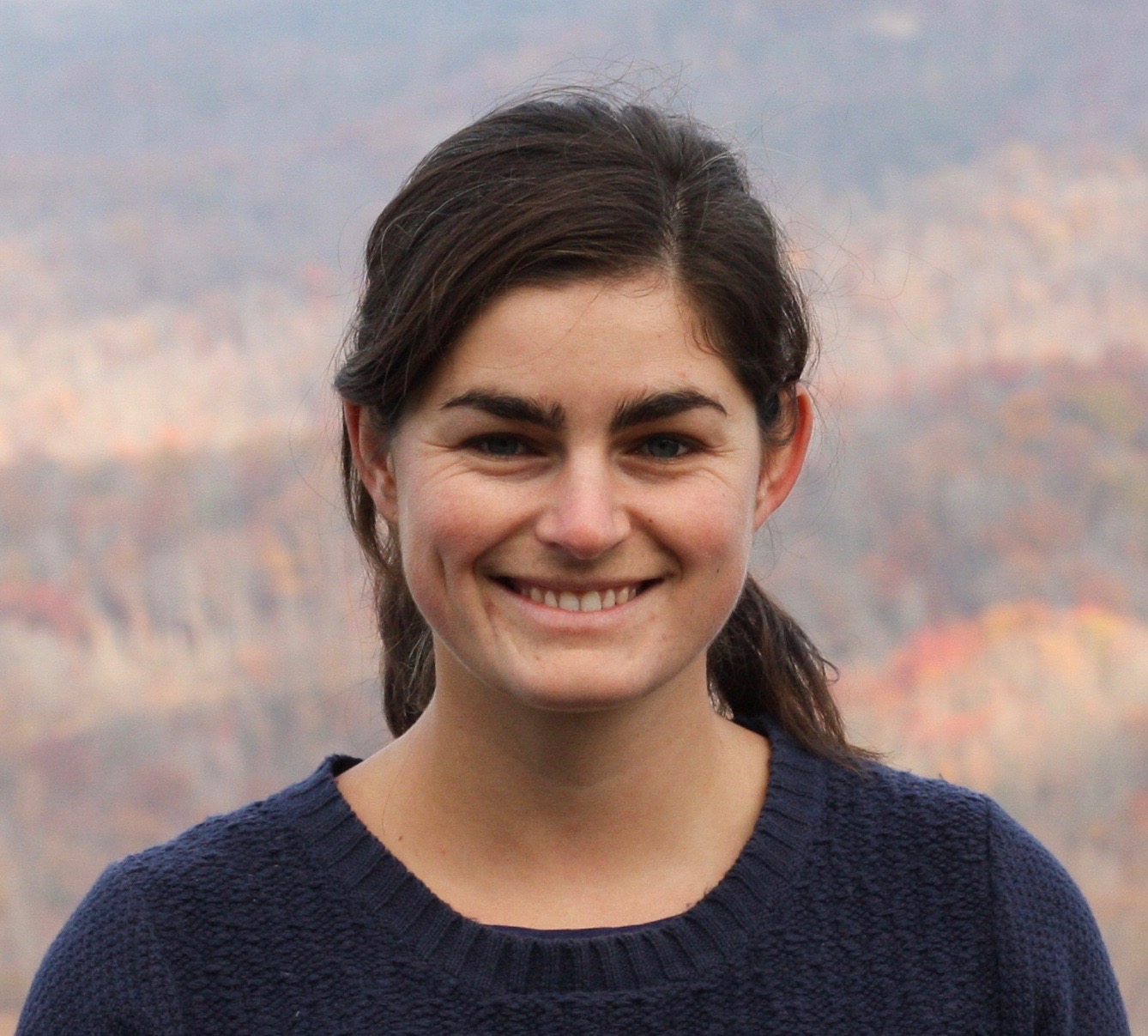 Sylvia Ryerson (she/her) is a filmmaker, radio producer, organizer, and PhD student in American Studies at Yale University. Prior to graduate school, she worked at the documentary arts center Appalshop, in Whitesburg, Kentucky. There she served as a reporter and director of public affairs programming for Appalshop’s community radio station WMMT-FM and led the station's citizen journalism project. She also co-directed and hosted WMMT’s longstanding radio show Hip Hop from the Hilltop & Calls from Home broadcasting music and messages to people incarcerated in the region. She has co-produced numerous community-based participatory media projects working with movements for a just transition from fossil fuel extraction, the abolition of the prison industrial complex, and migrant justice. In 2021, she was a recipient of the Docs in Action Film Fund through Working Films to produce and direct her film CALLS FROM HOME, which won the Jack Spadaro Documentary Award for best nonfiction film or television presentation on Appalachia or its people from the Appalachian Studies Association. Her media & written work has appeared in the New York Times, American Quarterly, the Boston Review, NPR’s Here & Now and The Takeaway, the BBC, the Marshall Project, and other outlets.
Sylvia Ryerson (she/her) is a filmmaker, radio producer, organizer, and PhD student in American Studies at Yale University. Prior to graduate school, she worked at the documentary arts center Appalshop, in Whitesburg, Kentucky. There she served as a reporter and director of public affairs programming for Appalshop’s community radio station WMMT-FM and led the station's citizen journalism project. She also co-directed and hosted WMMT’s longstanding radio show Hip Hop from the Hilltop & Calls from Home broadcasting music and messages to people incarcerated in the region. She has co-produced numerous community-based participatory media projects working with movements for a just transition from fossil fuel extraction, the abolition of the prison industrial complex, and migrant justice. In 2021, she was a recipient of the Docs in Action Film Fund through Working Films to produce and direct her film CALLS FROM HOME, which won the Jack Spadaro Documentary Award for best nonfiction film or television presentation on Appalachia or its people from the Appalachian Studies Association. Her media & written work has appeared in the New York Times, American Quarterly, the Boston Review, NPR’s Here & Now and The Takeaway, the BBC, the Marshall Project, and other outlets. 